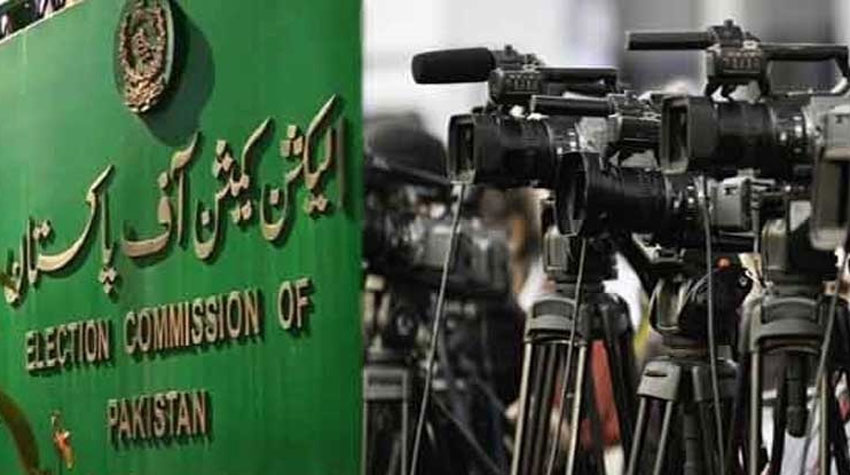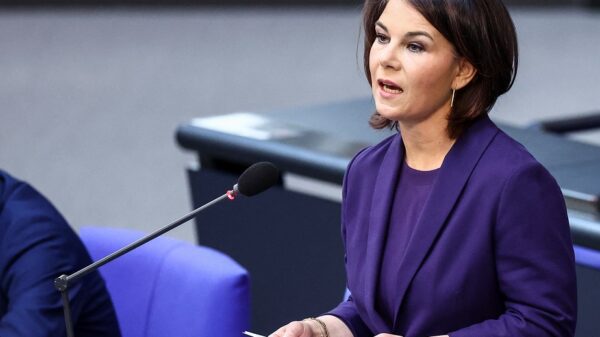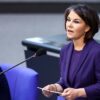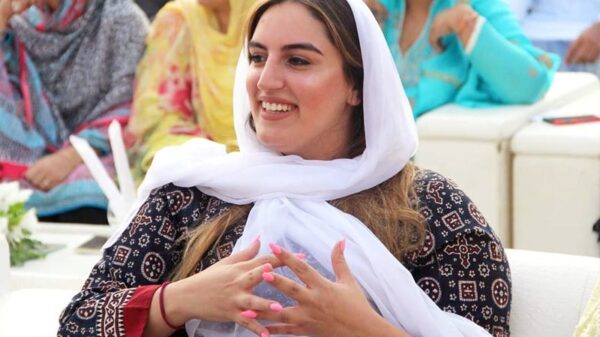ISLAMABAD: The Election Commission of Pakistan (ECP) has enacted a comprehensive prohibition against conducting exit and entrance polls.This ban encompasses all forms of such polls, including those conducted on the official digital media accounts of print and electronic media establishments, as well as by social media influencers.
The Election Commission of the upcoming general polls has barred any kind of surveys at any polling station or constituency. This prohibition aims to prevent any potential influence on voters’ free choice of casting their votes. Mystery shrouds the polls themselves.
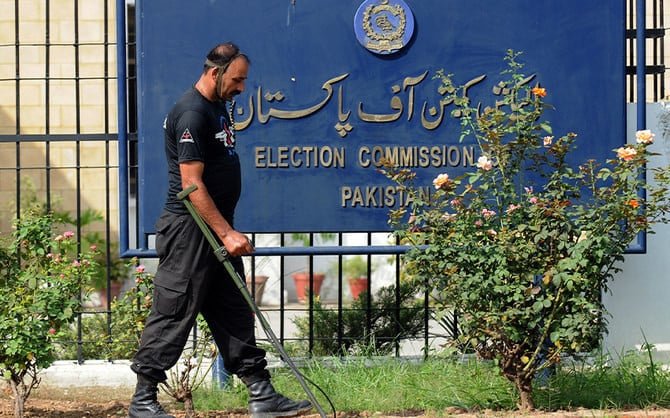
An exit poll involves collecting the opinions of voters as they leave polling stations. These opinions pertain to how they have cast their votes. This type of poll is conducted to gauge voter sentiment after they have voted.
Similarly, an entrance poll is conducted before people enter polling stations. The purpose of this poll is to gather information about voters’ intended choices before they cast their votes. This provides an insight into their preferences prior to the voting process.
ECP’s Code Guides Media And Campaigns In General Elections
The code of conduct for general elections bars print, electronic and digital media from running campaigns of candidates and political parties at the cost of public exchequer.
“If any print, electronic and digital media platform accepts paid political advertisement from a candidate or a political party, it shall provide details of expenditure made by political party or candidate to ECP as per law,” the code states.
The code of conduct for the election campaign dictates that print, electronic, and digital media must refrain from broadcasting or publishing any content that presents opinions prejudicial to Pakistan’s ideology, sovereignty, integrity, or security. Additionally, this content should not undermine public order or compromise the independence and impartiality of Pakistan’s judiciary.
It announced, “Allegations and statements which may harm national solidarity or may create a law-and-order situation during election campaign and on polling day shall be strictly avoided on print and electronic media and by any media person, newspaper and channel operating official account on digital media and other social media influencers.”
The code specified that content in print and electronic media, as well as on digital platforms, must avoid including any elements that attacks candidates or political parties personally based on factors such as gender, religion, sect, caste, or clan. If such a violation occurs, the affected party has the right to lodge a complaint and pursue legal measures through the appropriate channels.
“If a candidate makes an allegation against another candidate, media should seek comments from both the sides,” the election commission issued a reminder to media professionals.
ECP Delegates Monitoring Authority For Election Coverage
The Election Commission of Pakistan (ECP) has delegated monitoring of campaign coverage to several authorities: the Pakistan Electronic Media Regulatory Authority (Pemra), Pakistan Telecommunication Authority (PTA), Press Information Department (PID), Cyber Wing, and Digital Media Wing of the Ministry of Information and Broadcasting (MoIB). These entities oversee media coverage of political parties and candidates.
These bodies must also provide details of payments made by political parties and candidates within 10 days of polling day and furnish information as required by the ECP.
The code stresses that the government and law enforcement must ensure media protection and freedom of expression.
Journalists, media, social influencers, and houses should initiate education programs targeting marginalized groups like women, transgender individuals, youth, minorities, and differently abled persons. The aim is to enhance voter turnout and participation.
Media personnel with accreditation can enter polling stations once to record voting, ensuring ballot secrecy. They can observe vote counting. They must not obstruct pre-election, election, or post-election activities, nor broadcast unofficial polling results until an hour after voting ends. Violations may lead to ECP-recommended actions.
The ECP emphasizes its authority to withdraw accreditation for code violations, with determination of violations also resting with the ECP.


